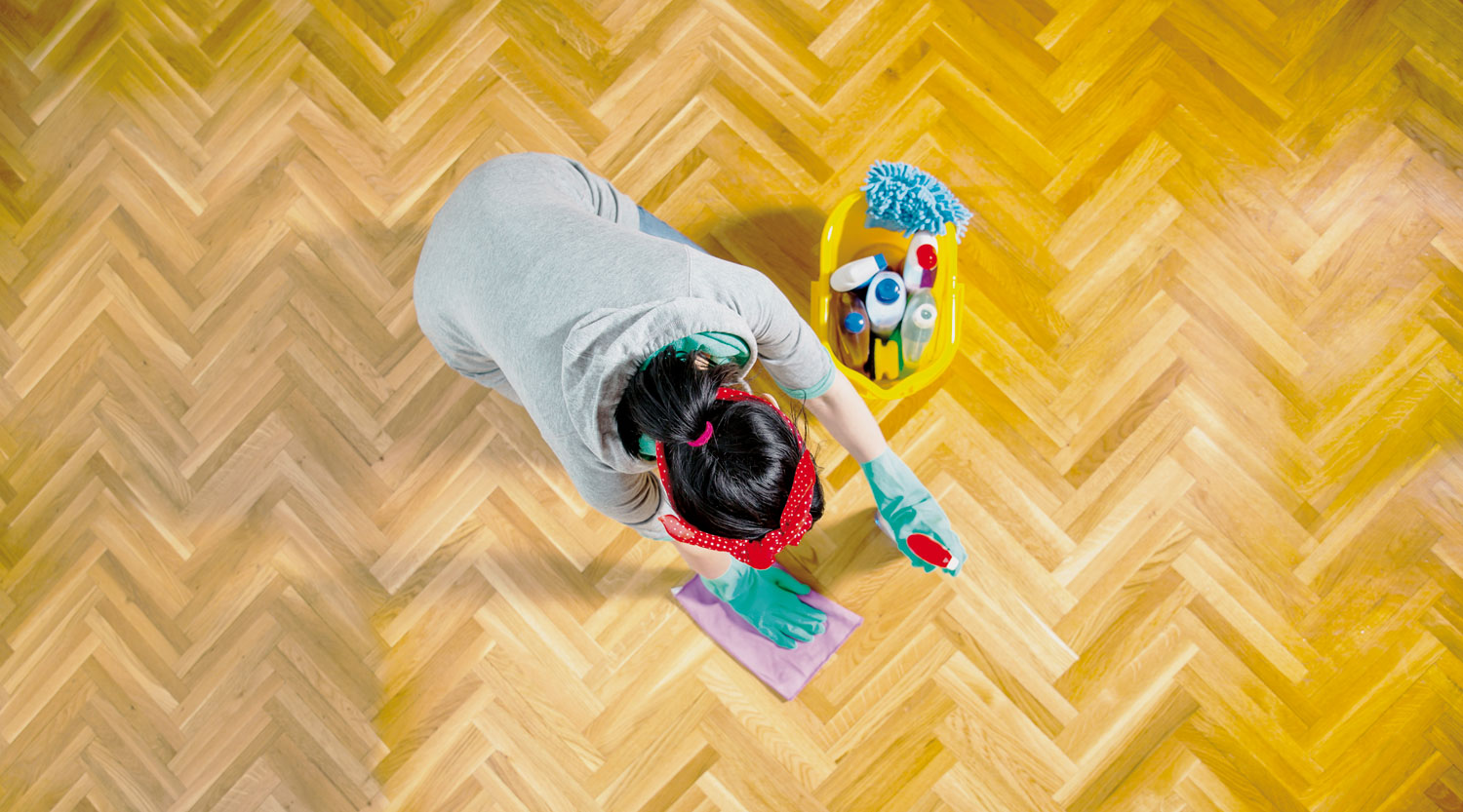

Are our domestic workers a source of help and consolation to our families? Or are they the cause of anxiety and psychological stress?
As more and more women give up their traditional roles as homemakers to pursue career opportunities, they inevitably turn to domestic helpers — typically expatriate maids — to manage the household in their absence. It is not uncommon to come across many maids virtually running the household on behalf of their employers. But are there limits to the kind of responsibility and authority vested in these individuals?
Given today’s modern trends, it is not unusual for families to appoint a domestic worker to handle a range of household chores. However, the implications of this phenomenon in the Gulf and Oman context need to be considered, particularly in light of the near-total reliance of the children and other family members on the maid in the absence of the homemaker — the mother.
Maids play a dominant role in caring for babies, infants and children, among other members of the household, when the parents are away at work. This is a commonplace fact in most households. Often, the presence of a maid in a household is seen as a status symbol.
But are there cultural and social consequences to worry about when our offspring — our future generation — grows almost exclusively in the care of foreign maids? Indeed, the issue of bringing in large numbers of foreign maids into the community is a controversial one because of the potentially negative effects on the family in general.
The issue is particularly worrisome when unskilled maids hailing from foreign nationalities, unfamiliar cultural backgrounds and different religions join the Omani household.
Such individuals, who do not share the principles, values and identity of the Arab Muslim family, can have a potentially undesirable influence on young children under their care. Worse, it is not uncommon to read about violence and abuse meted out by maids on household members, particularly vulnerable children, in their care.
There is growing anecdotal evidence that foreign maids can have an undesirable influence on children brought up under their care. This is manifest in the language and cultural tastes of these kids, which differs significantly from their parents. Another downside is the psychological impact that the absent mother has on the child. Worse is the child’s likely exposure to the maid’s questionable morals, behaviour, principles and ethics.
Given these perils, it is imperative that each family clearly spells out the role that the foreign maid will play in the household, be it in terms of the expatriate’s responsibility for young members of the family, and so on. Employers should keep in mind that the maid is essentially a domestic helper and not a caregiver.
At the same time, members of the household should be taught to treat the maid with respect and dignity. Those given responsibility to run the household must be treated as family members. Children in particular should be taught to respect maids. Domestic workers, we must all remember, are not machines. By overworking them, we can trigger potentially violent reactions.
In the UAE, the government there recently opened nurseries for pre-school children and those in need of care while their mothers are at work at the same schools. This initiative is designed to safeguard infants from potential abuse by domestic workers at home.
This is not to suggest that maids are not victims themselves of abuse by employers or members of the household. Domestic workers suffer ill-treatment in the form of long working hours, lack of adequate rest, emotional and psychological neglect, depriving them of their right to entertainment and leisure, and so on. As a consequence, disaffected domestic workers can potentially look for opportunities for revenge on their abusers.
SIHAM AL SAIDI
Oman Observer is now on the WhatsApp channel. Click here



